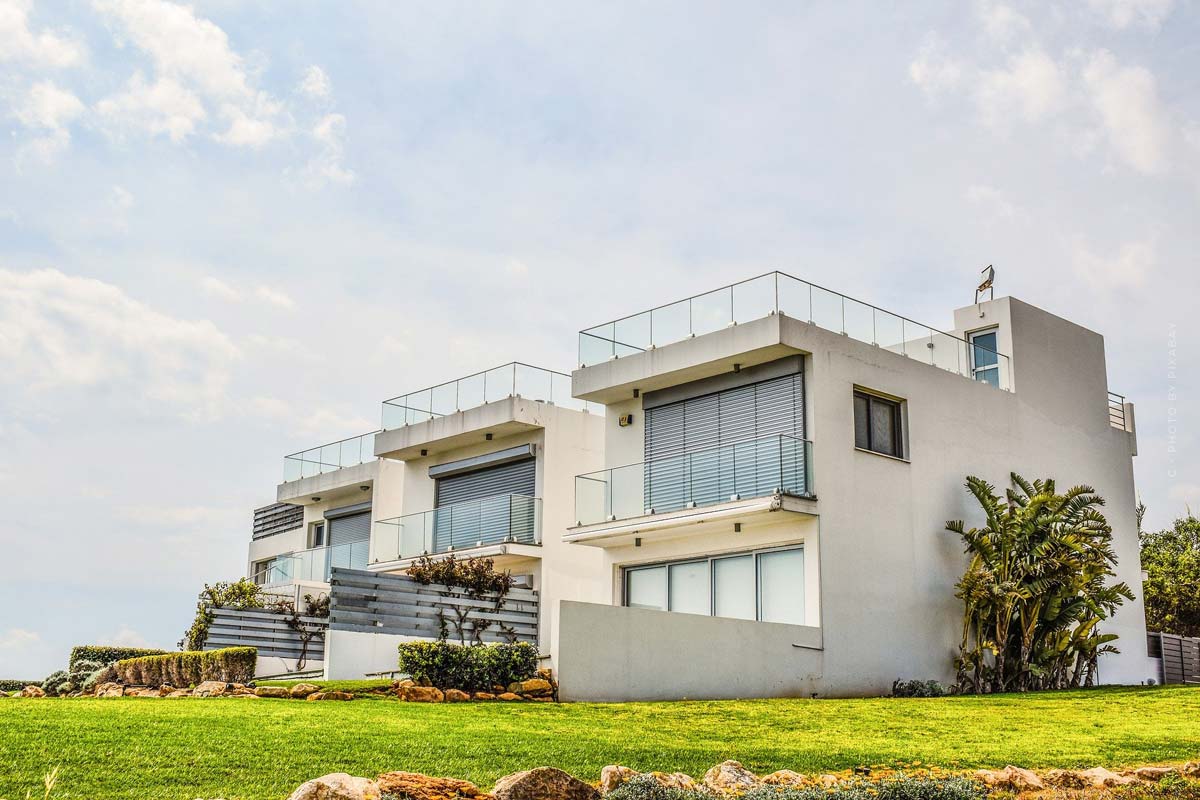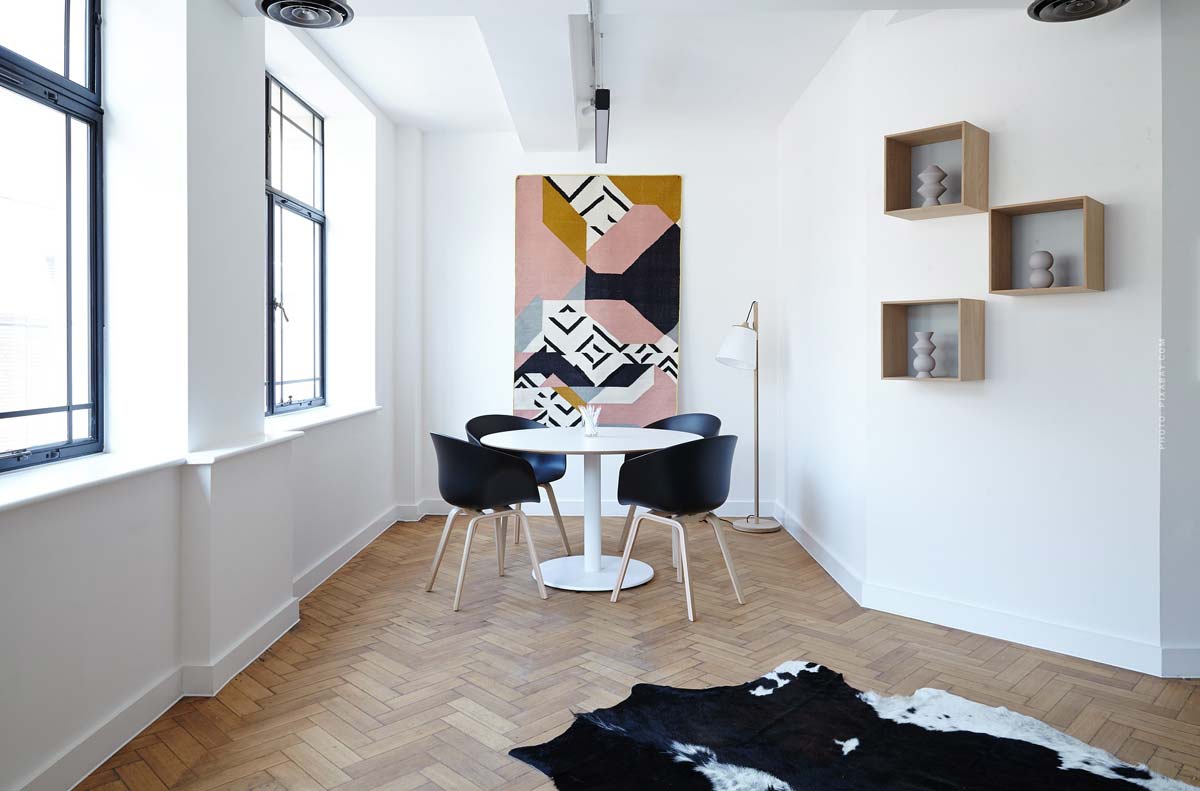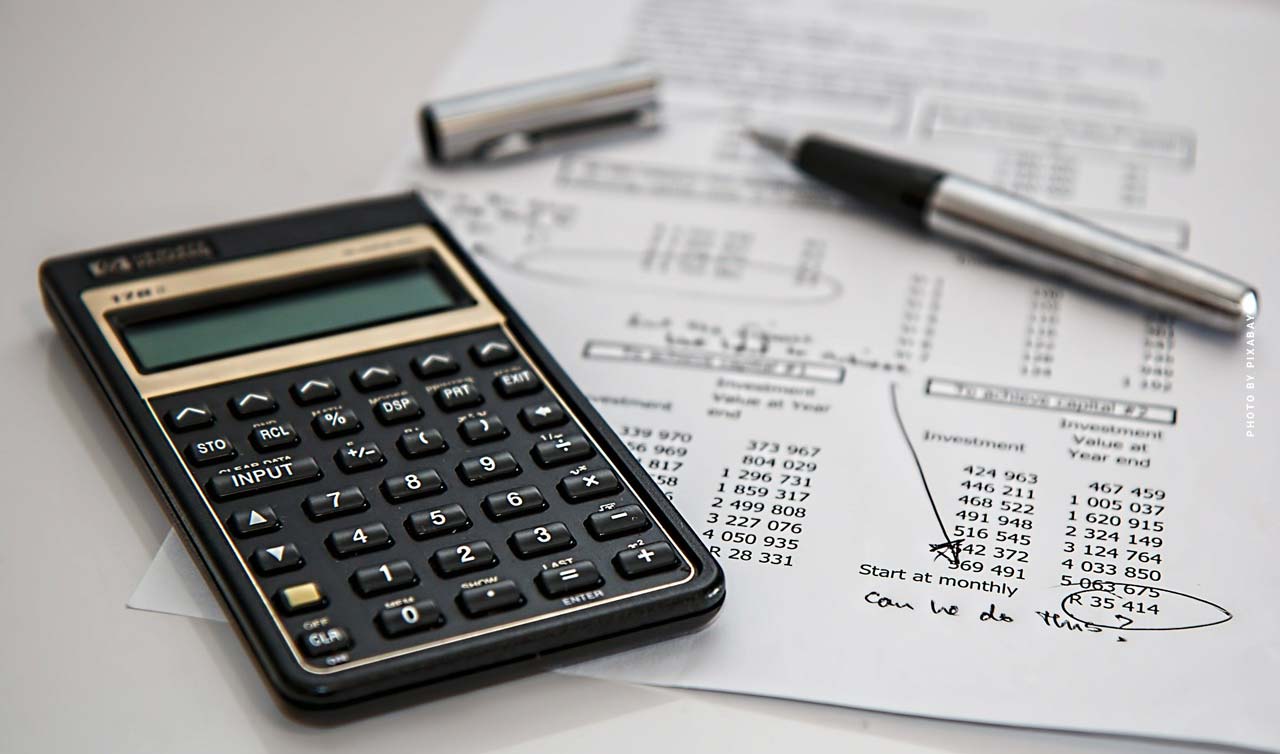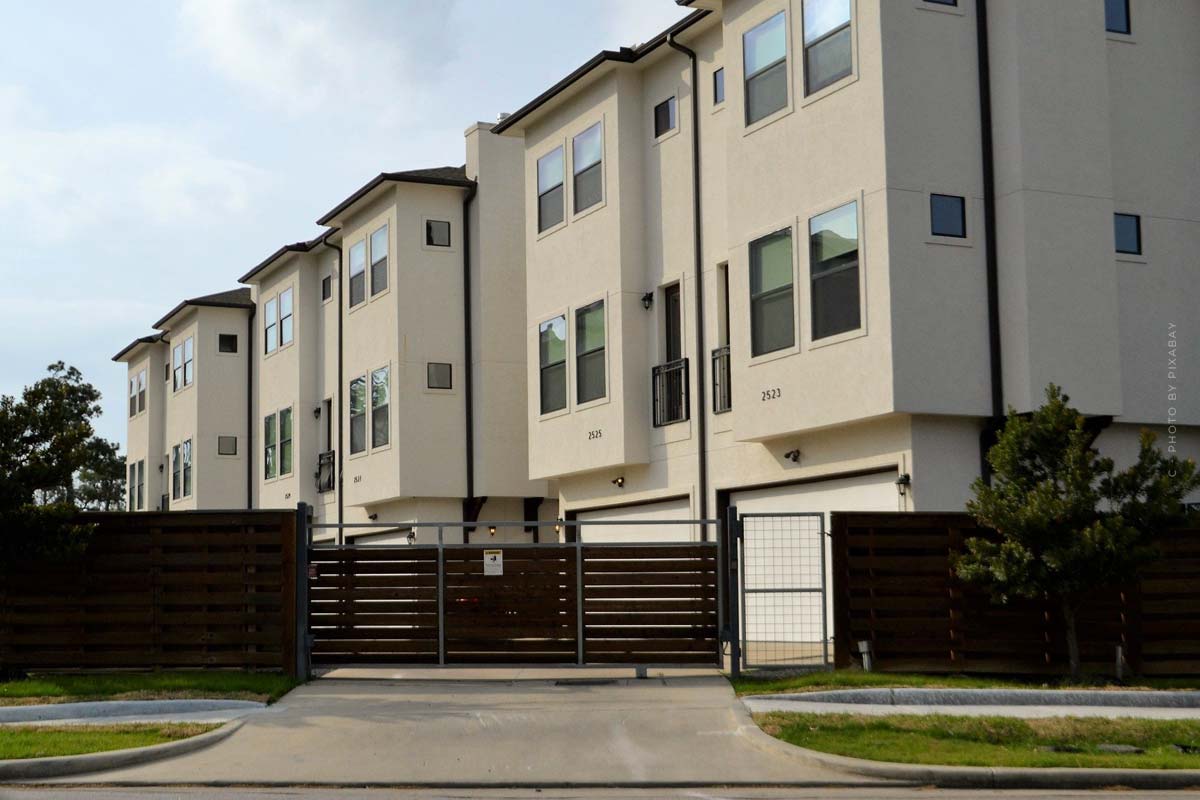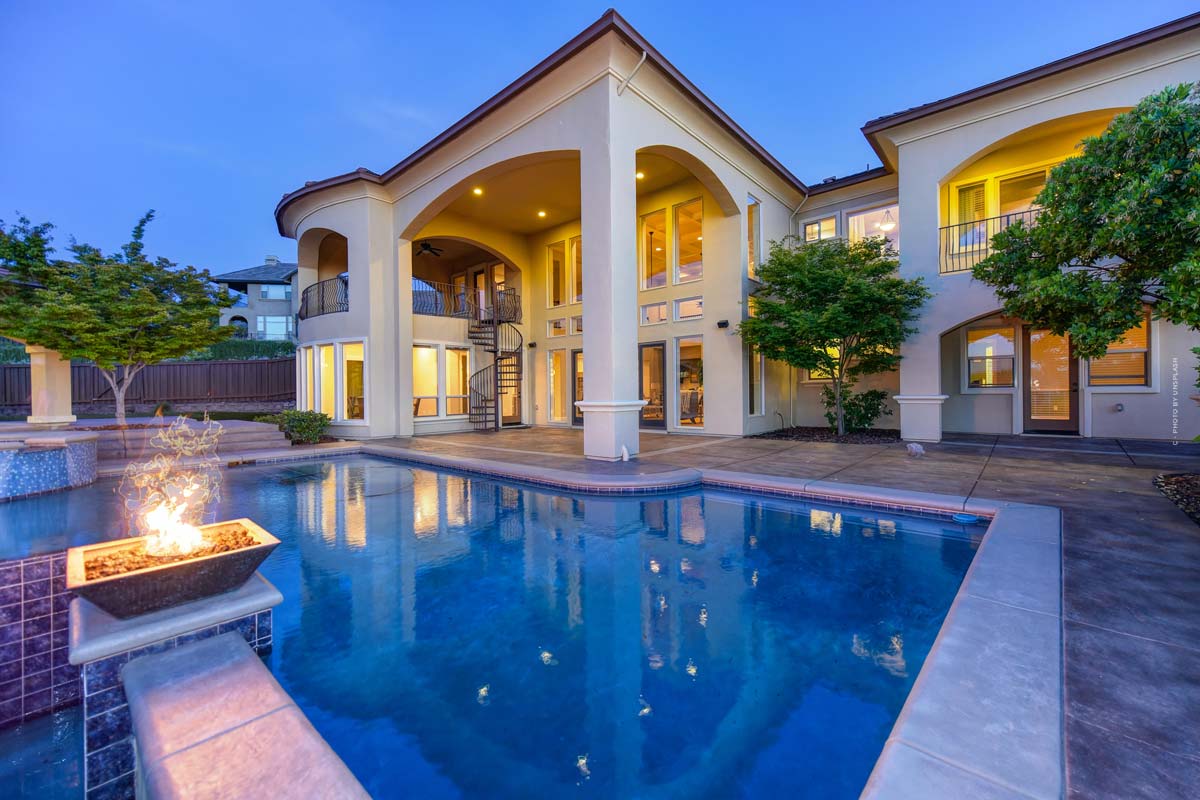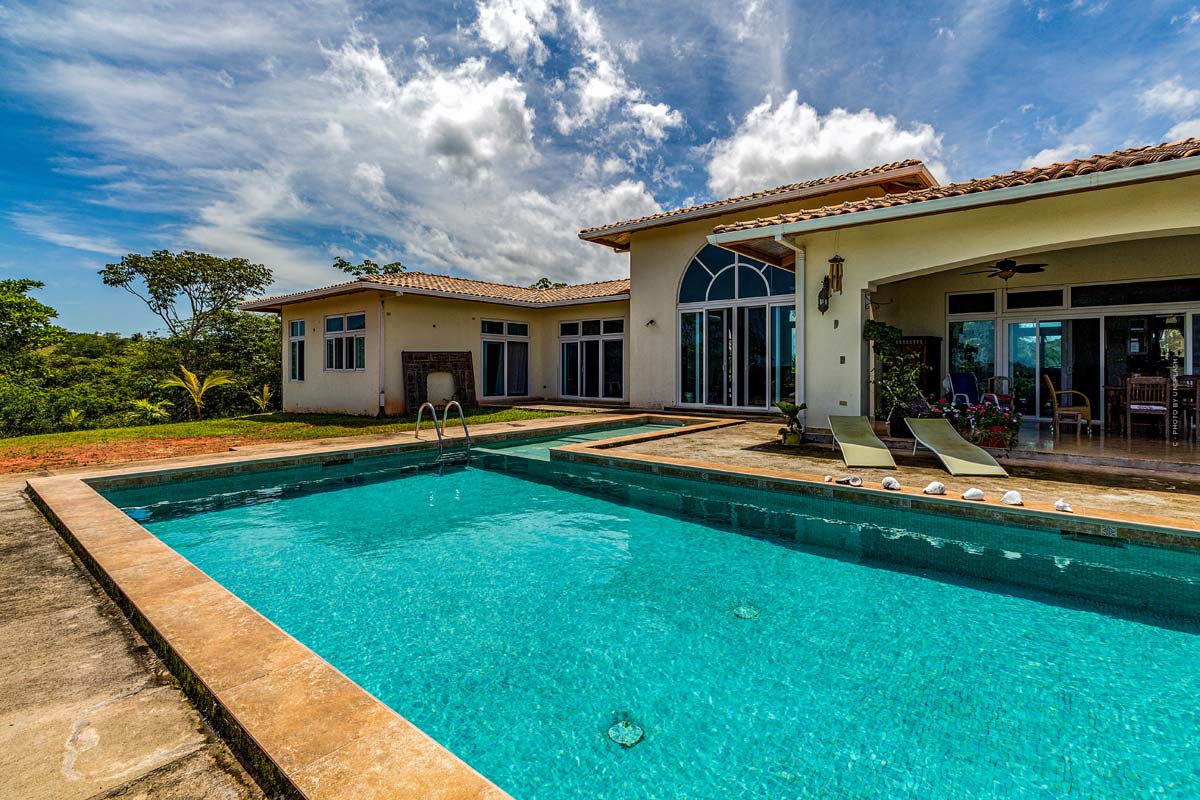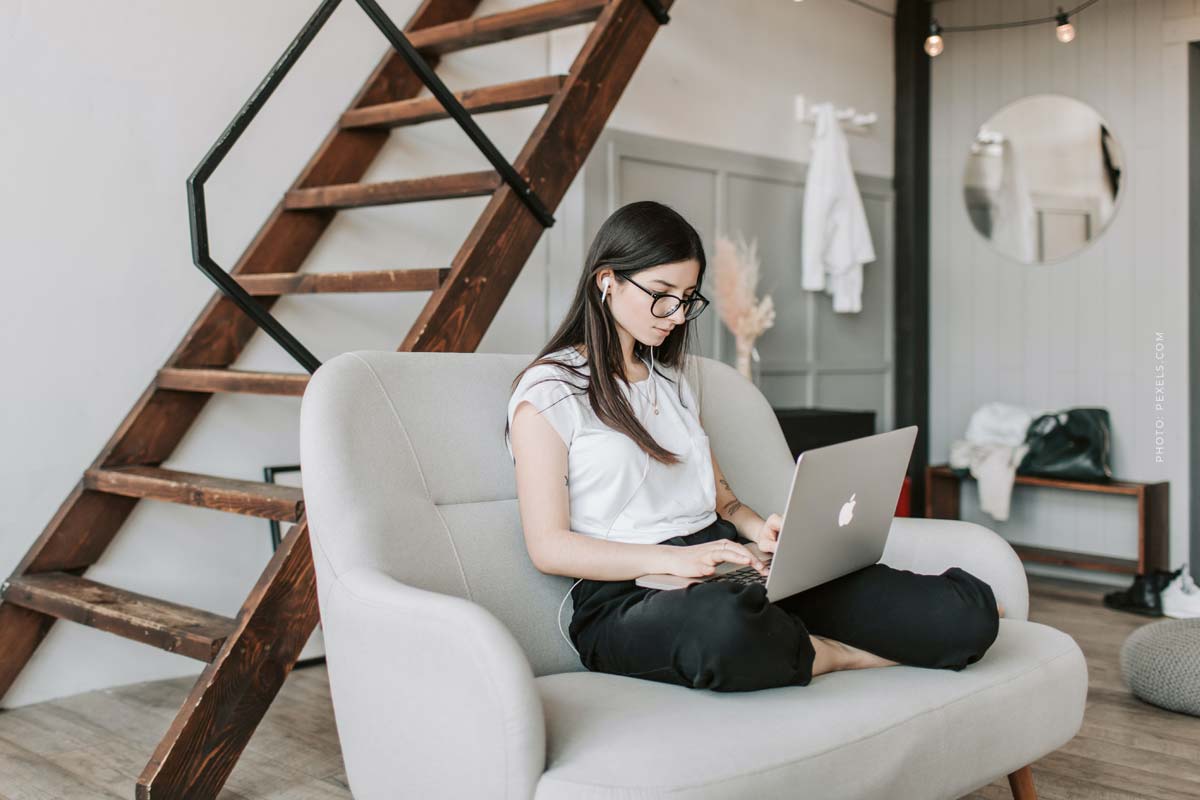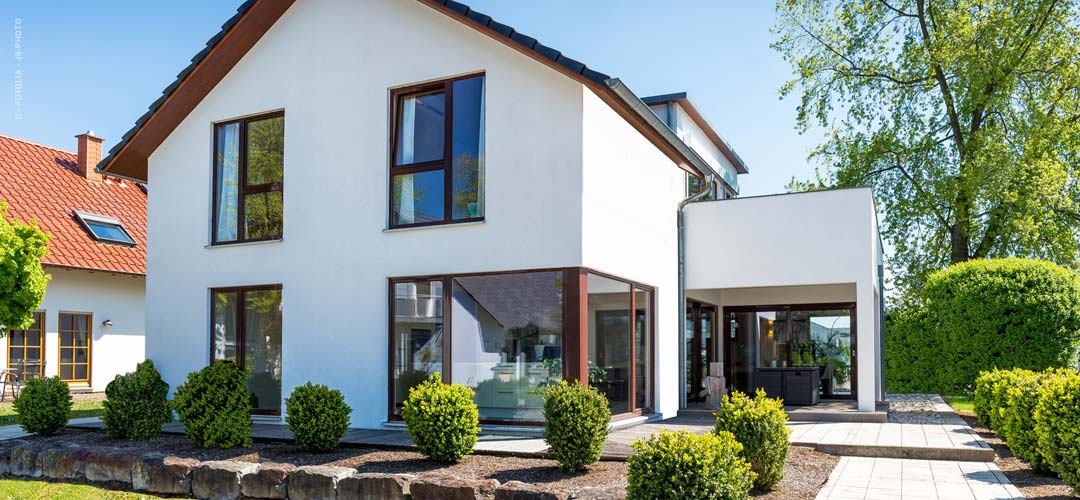Owner-occupation vs. real estate as an investment: Advantages and disadvantages of owning a home – A comparison
Owner-occupancy vs. capital investment – The dream of owning a home is a goal that many people have in mind. But does it make sense to choose a house for personal use as the first type of real estate? Or is it not nevertheless perhaps more meaningful to use above all the Erstimmobilie, like the first, own dwelling, as capital investment? In old age, through a property as a retirement plan rent-free living, will never be completely fulfilled even with a home of your own, because you are always 100% responsible for all running costs. Therefore, you will find here in this article a comparison between owner-occupancy and a property as an investment, which should make the decision easier for you to use your first property.
Expensive housing: Self-interest becomes a disadvantage
Financially, the personal use of a property is certainly not the best idea. In order to secure one’s financial situation with real estate, it is better to consider the property as an investment – unless a property has a special emotional value for you for personal use! Why this is so, you will learn here.
Disadvantage Self-interest: Negative cash flow
To begin, what does self-interest mean to me?
- As an owner and owner-occupier, you always pay 100% of the operating costs yourself.
- You get neither money from the tax office, nor from potential tenants
- So self-interest means constant expenses and no income
- Credit rating decreases due to higher risk
Advantage of real estate as an investment: Positive cash flow
Real estate as an investment brings you clear advantages. Find out what they are here:
- All costs and expenses are borne primarily by the tenant and the tax office
- With a good return, the investment property almost pays for itself
- Interest is tax deductible
- Credit rating increases already after the 1st year
Buy and rent real estate: Security for old age
You have bought your first property and decided to invest. Great, then almost everything runs by itself! Here we have an example for you.
Example: Purchase of a condominium for 250,000 euros
- Property is purchased with financing from bank
- Tenant pays 1,000 euros a month
- Tenants pay thereby: Interest, redemption, modernization
- Tax office helps through deductible costs and tax relief
- Gross rental yield (annual rental income divided by purchase price) becomes a steady source of income
- This increases the credit rating, which favors the purchase of a 2nd and 3rd property
Still not quite convinced? Read more about owner-occupation and capital investment here/ Immobilien-Erfahrung.de
Conclusion: Personal use vs. real estate as an investment
In this article, you have learned a lot about what it means to invest in self-interest or in a capital investment. Here we’ve put together our conclusion on what we think is the sunniest way to invest in real estate.
- Self-interest – Negative cash flow; you pay all ongoing operating and maintenance costs yourself, no one participates in them
- Capital investment – Primarily tenants and the tax office pay off your expenses, your credit rating increases and thus provides you with a basis for your real estate portfolio.
On both sides, increases in value can be seen, but once the purchased real estate is paid off, you have a constantly running source of income with it. For you, this means a carefree and, above all, rent-free life in old age!
Next step: return on investment or investment property?
You have decided: Finally buy your first own property! But am I buying an income property or an investment property? But what is it anyway? What is the basic difference between these two types of investment? And what exactly is an A, B or C location? The most important thing is that both types of investment generate profit for you. In which form, you can read here. Here you will learn everything you need to know about the return and the investment of a property.

